18 Amazing Health Benefits Of Milk: For Skin, Bones, Teeth, Brain & Weight Loss
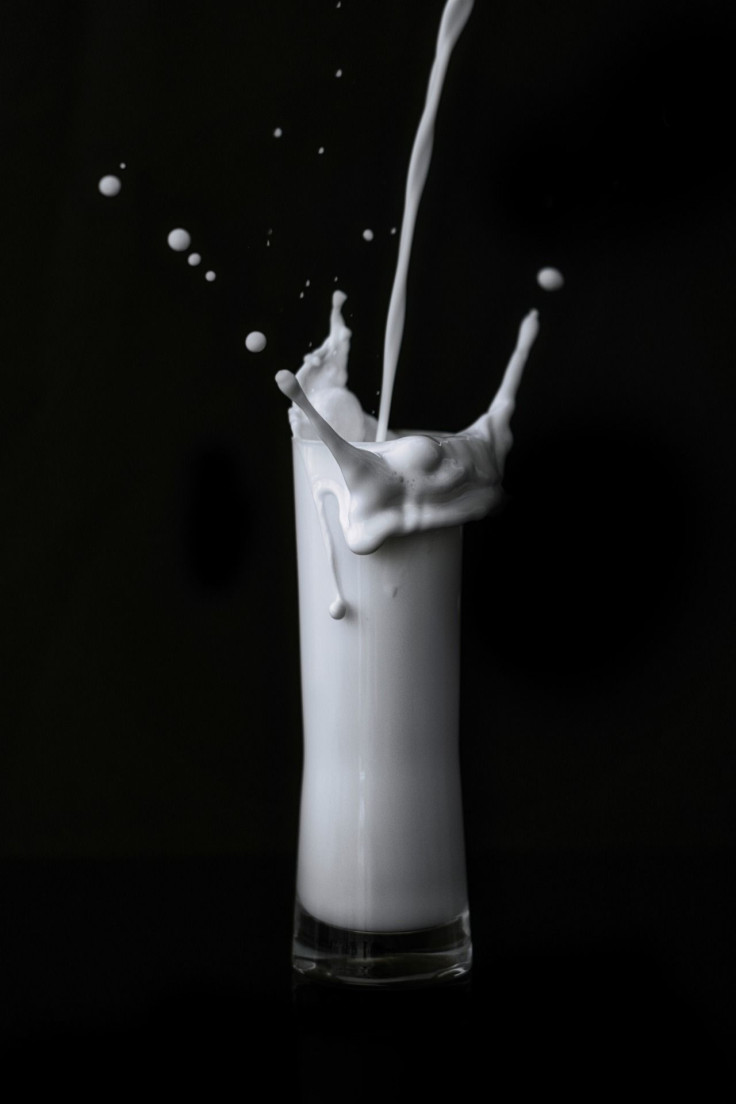
KEY POINTS
- National Milk Day commemorates the time when milk in "sterilized glass bottles" was first brought home in 1878
- Adults may delay the aging process by having low-fat milk, such as nonfat or 1% milk
- People can opt for fat-free milk as a post-workout drink as it promotes muscle recovery
The rich history of milk, one of the most popular and essential beverages, is honored on Jan. 11 each year.
But don't confuse it with World Milk Day. National Milk Day exists to commemorate the time when milk was first brought to people's homes in "sterilized glass bottles sealed with waxed paper" in 1878.
From cradle to grave, milk plays an important role in maintaining people's bone health. However, as science and medicine progress, it has been discovered that milk contains properties that benefit other systems in the human body.
The next time you drink milk, keep in mind its following health benefits that wouldn't only keep the cane away.
Skin health
1. Research published in the Journal of Dairy Science suggests that raw milk cheeses are great sources of some wild lactic acid bacteria (LAB), which improves digestion and skin health.

According to the same research, the alpha hydroxy acid (AHA) in sour milk is the agent that protects the skin from DNA damage and environmental aggressors, such as UV radiation.
2. AHA is also capable of both moisturizing and exfoliating the skin.

3.Milk is as versatile for skin health as it is as a food ingredient, but different types of milk do wonders for the skin. Adults may delay the aging process by having low-fat milk, such as nonfat or 1% milk.
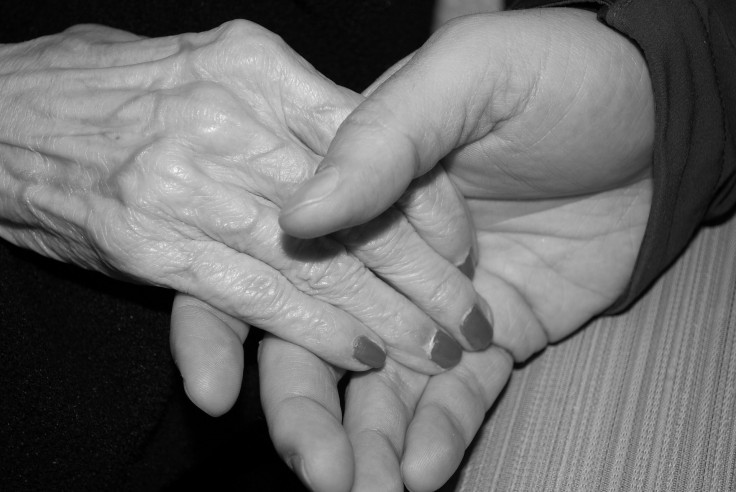
The study suggested that those who did not drink milk had shorter telomeres than those who consumed low-fat milk. Every chromosome has a special DNA-protein structure called a telomere, and these telomeres gradually become shorter as people get older.
4. Speaking of versatility, it doesn't end in preventing age-related changes. According to St. Luke's Health, milk can also treat sunburn. Milk's anti-inflammatory effects assist in reducing inflammation, while lactic acid helps slough off dead skin cells from a burn's surface.
Bone health
Calcium is likely to come up in conversations about milk between mothers and their children. But honestly, adults need them as much since the lack of calcium could later lead to osteoporosis.
1. Milk and other dairy products have proteins, calcium, vitamin D and phosphorus that are easy to absorb. This makes milk an important part of a healthy diet for the elderly, who are concerned about diseases such as osteoporosis.
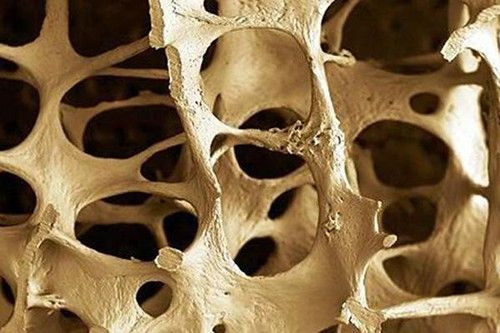
2. Vitamin D, which is readily absorbed in milk, helps in bone formation at different ages and for maintaining normal levels of metabolic processes. Vitamin D-fortified cow's milk is endorsed by some countries as a replacement for vitamin D-deficient foods.
Don't fret. Fermented dairy products such as kefir, yogurt and lactose-free milk are alternatives for the elderly and individuals who are lactose-intolerant.

3. Phosphorus intake was demonstrated to enhance bone mineral content and density; it also lowered the incidence of osteoporosis in adults by 45% in the cross-sectional analyses carried out and published in the Nutrition Journal.
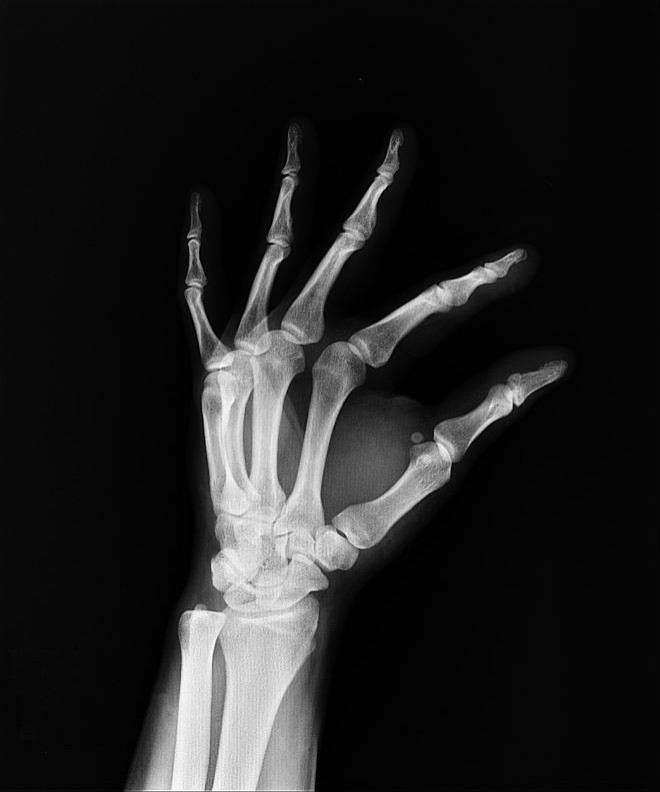
4. Breast milk is often regarded as the best nourishment for infants, particularly during the first six months of their development because of its ability to improve bone mass density.
However, it has been suggested that women should breastfeed for a shorter period since prolonged breastfeeding might impact the bone mass density of the lumbar spine and increase the risk of developing osteoporosis in later life.

Oral Health
Both low-fat and non-fat milk are considered calcium-rich foods that can help maintain and build healthy teeth and bones.
1. According to a study published in the Iranian Journal of Pharmaceutical Research, the beverage also contains peptides derived from the major proteins of milk — casein fraction and whey proteins.
Casein proteins reduce the accumulation of tooth decay-causing bacteria like Streptococcus mutans on tooth surfaces. It's safe to say that a glass of milk a day keeps the dentist away.
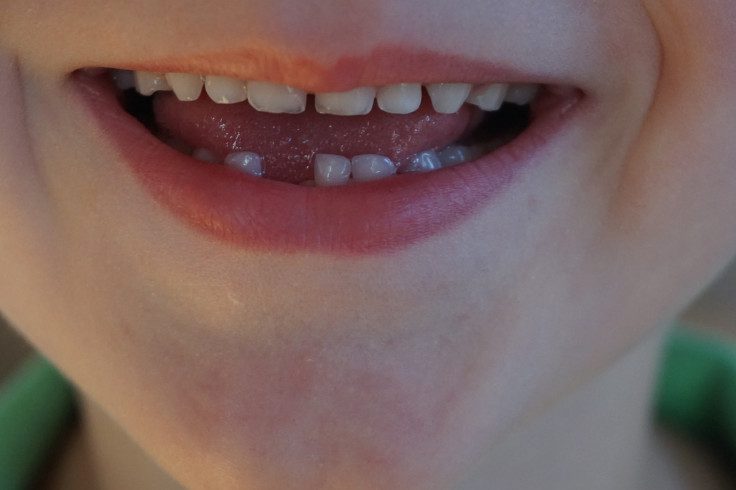
2. And since milk is an optimal carrier of calcium and phosphorus, the high concentration of these minerals is essential to the repair of damaged tooth enamel, eroded by acids from acidic foods.
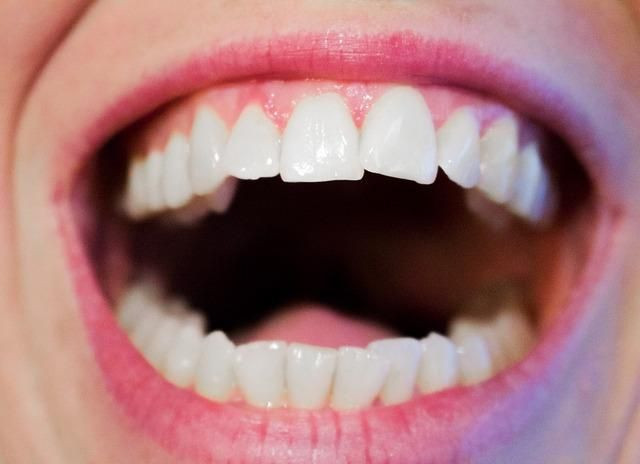
3. Milk also has alkaline content owing to calcium, which has neutralizing factors that can offset acidic or sugary meals and drinks.
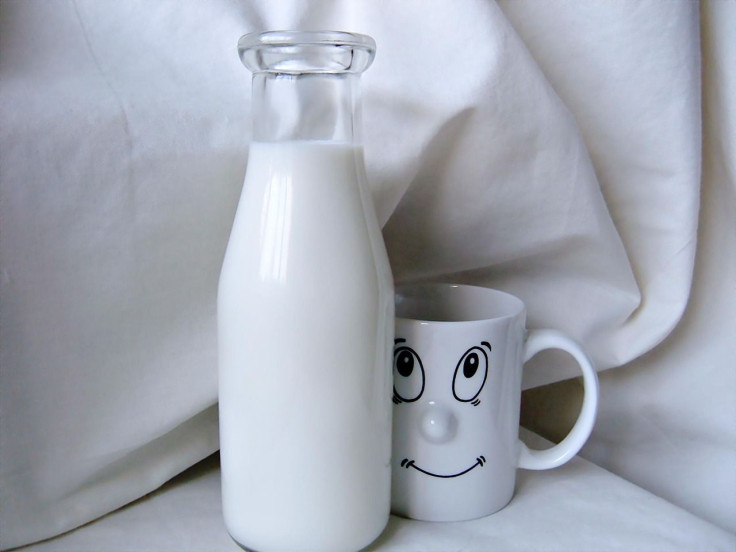
4. Milk's capacity to hydrate and moisturize a dry mouth, which in turn boosts salivary flow, is one of its many health benefits.
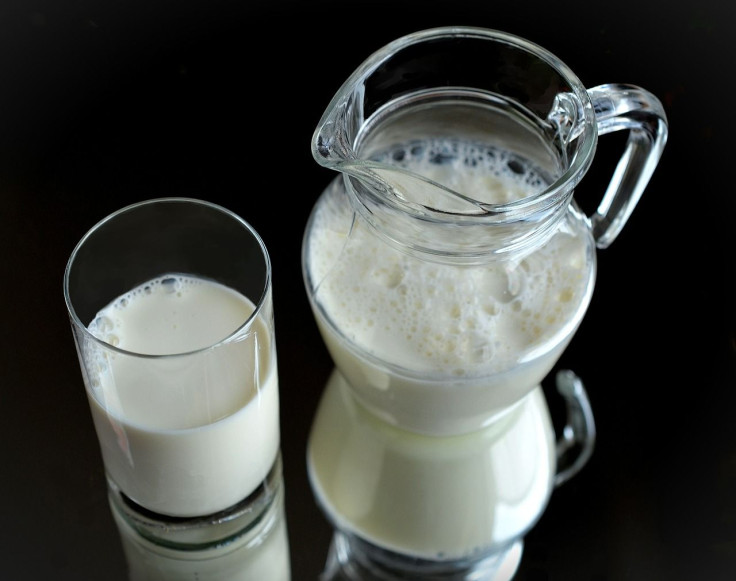
Brain health
1. Who would have thought that drinking milk could also boost the levels of glutathione, a potent antioxidant found in the brain? This finding was reported in a study conducted at the University of Kansas Medical Center.
When not addressed, neurodegenerative disorders like Alzheimer's disease and Parkinson's disease may develop as a result of oxidative stress' harmful consequences on cells. Glutathione may be able to help reduce these health risks because of its antioxidant defense system.
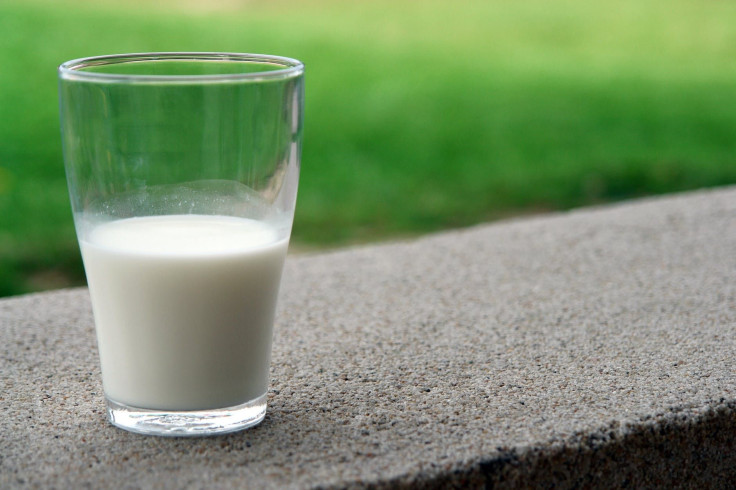
2. Milk's potassium content is an electrolyte that interacts with the nervous system to keep proper fluid levels inside the cells. Potassium may also be found in other fruits, such as bananas and avocados.
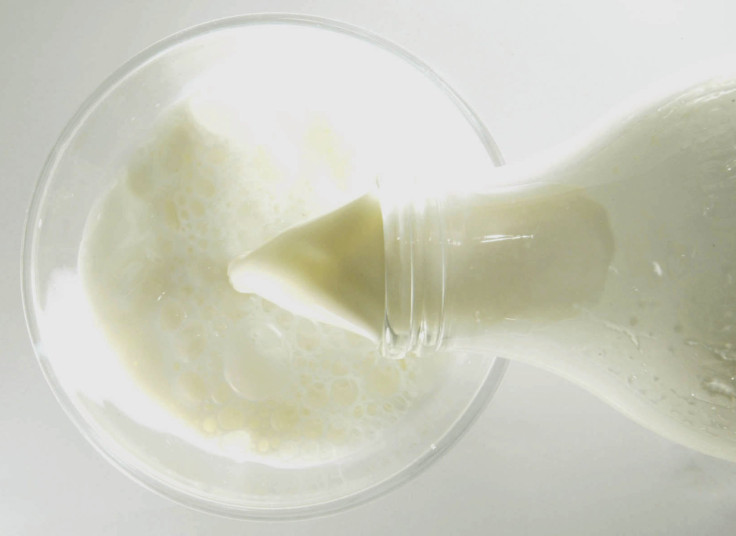
3. When the body's itching for an energy rush, milk can be a good source of energy since it contains carbohydrates, proteins and fats.

4. Consumption of milk is also a contributing factor that enhances sleep! But this is only evident when accompanied by healthy lifestyle choices and dietary habits.

Weight loss
1. Since it is also high in protein, milk may help stimulate weight loss and muscle gain when combined with resistance training that targets the whole body, according to the research conducted by Med Sci Sports Exerc.
On the other hand, there are conflicting studies about the effectiveness of milk for weight loss, such as the Harvard Nurses' Health Study, which contradicts the belief, as per Stanford nutrition scientist Christopher Gardner.

2. People can opt for fat-free milk as a post-workout drink since it promotes muscle recovery after strenuous exercise, according to a study published in the Journal of the International Society of Sports Nutrition. This also makes fat-free milk an effective substitute for conventional sports drinks.

© Copyright IBTimes 2024. All rights reserved.





















